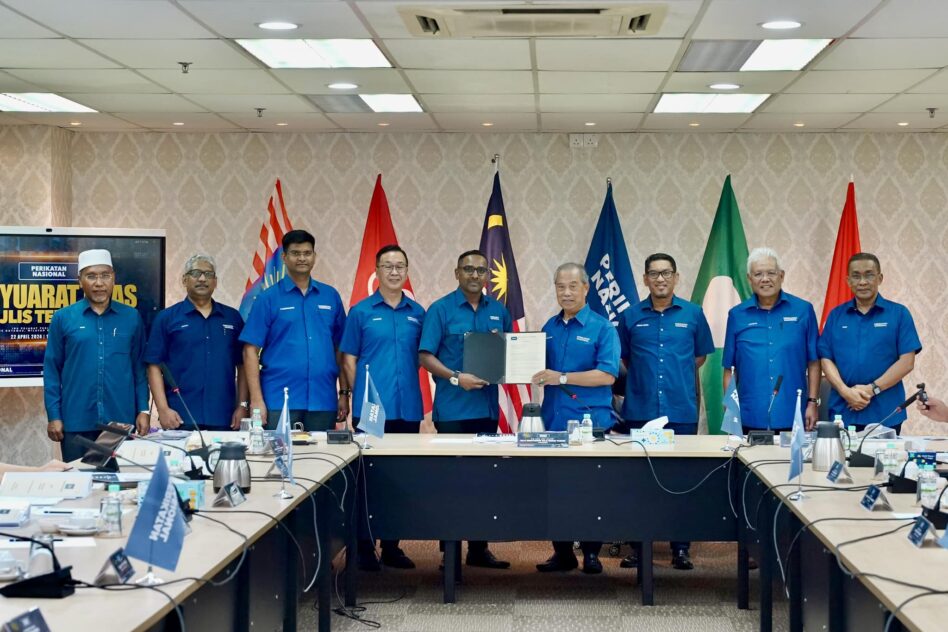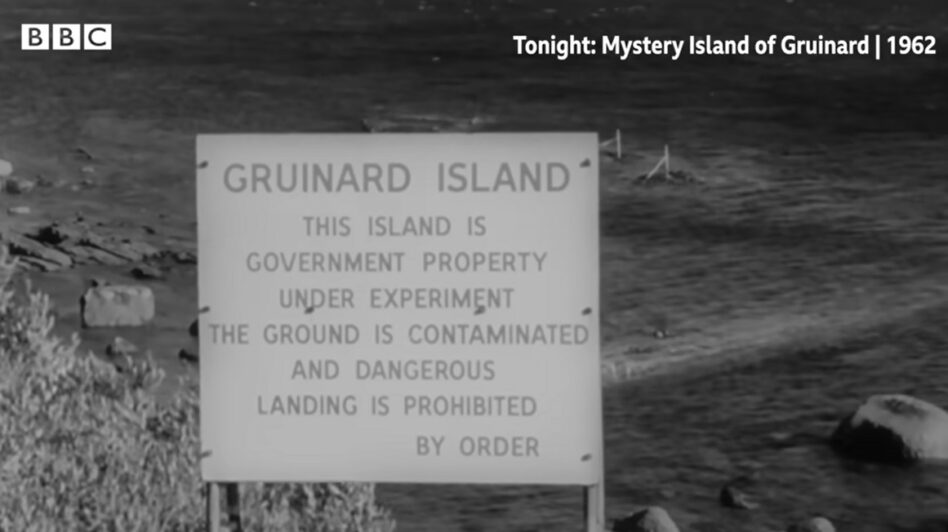SEVERAL associations representing some 3,000 Malaysian vape entrepreneurs, manufacturers, importers, and retailers have voiced their concern over the Health Ministry’s (MOH) move to equate vape with cigarettes following its announcement that vape will be regulated similarly to cigarettes.
 The joint statement from the Malaysia Retail Electronic Cigarette Association (MRECA), Malaysian Vape Industry Advocacy (MVIA), and Dewan Perniagaan Vape Malaysia (DPVM) comes in the wake of Health Minister Khairy Jamaluddin’s “Generation Endgame” proposal to ban the sale of cigarettes and vape products to those born after 2005.
The joint statement from the Malaysia Retail Electronic Cigarette Association (MRECA), Malaysian Vape Industry Advocacy (MVIA), and Dewan Perniagaan Vape Malaysia (DPVM) comes in the wake of Health Minister Khairy Jamaluddin’s “Generation Endgame” proposal to ban the sale of cigarettes and vape products to those born after 2005.
“The proposal is of great concern to local vape industry players who have been left in the lurch all this while. The industry has repeatedly asked the Government to introduce regulations since 2015 but this has yet to happen,” MRECA’s president Datuk Adzwan Abd Manas pointed out.
“In Budget 2022, the Government announced high excise duties for vape products that will make them way more expansive than cigarettes. The latest proposal to regulate vape like cigarettes is unreasonable. There is a lot of evidence showing vape is less harmful than cigarettes so the rules for vape and cigarettes cannot be the same.”

MVIA president Rizani Zakaria said it must be stated that vape are not cigarettes, hence the rules governing cigarettes cannot be applied to vape.
“Local industry players have presented this evidence to the Government. But MOH is insistent and refuses to look at the science and facts in drawing up the rules for vape,” he explained.
“MOH should treat vape products as an alternative for smokers and not impose drastic regulations for vape or regulate them similarly to cigarettes.”
DPVM secretary-general Ridhwan Rosli said MOH’s Generation Endgame based on New Zealand’s experience needs to be discussed further in the development of regulations for the vape industry.
This is because in New Zealand, vape products are regulated differently than cigarettes and are promoted as an alternative to help smokers quit the habit.
“New Zealand’s Generation Endgame proposal also does not involve vape. MOH’s proposal, however, treats vape and cigarettes equally and this is not right considering vape products can help reduce the number of smokers,” noted Ridhwan.

“Industry players have also been informed that regulations for vape will be strict or similar to regulations for cigarettes. These include low nicotine limits for vape liquids, a ban on online sales of vape, a ban on the sale of “open systems” as well as a ban on the advertising and promotion of vape, similar to cigarettes even though vape has been proven to be less harmful than cigarettes and can help smokers to quit.”
On banning the sale of ‘open systems’, Adzwan said this was regrettable as it will cripple the local vape industry.
“The ban on the sale of ‘open systems’ and only allowing ‘closed systems’ to be sold in the market will have a big impact on local industry players who comprise mostly of vape liquid producers while ‘closed system’ products are imported,” he justified.
“On top of seeing the local industry producers closing shop while overseas producers will benefit, it will also have an effect on the supply chain of local palm oil producers as vape e-liquids use vegetable glycerin produced by the local palm oil industry.”
If the intention to ban the sale of ‘open systems’ is to prevent products from being misused with banned substances like THC as what happened in the US several years ago, Adzwan said it is then all the more vital for MOH to come up with regulations to control the manufacturing of vape products and enforces them immediately to protect consumers.”
“This includes setting limits on the content of vape liquid bottles, ensuring the packaging of vape liquid bottles meets international standards including having child locks, ensuring vape liquids in the market has been tested with proof of testing printed on the label,” he suggested.
“All these are being done in the UK, Saudi Arabia, and other countries to regulate vape and not imposing a ban without considering the impact of such measure.” – May 25, 2022










